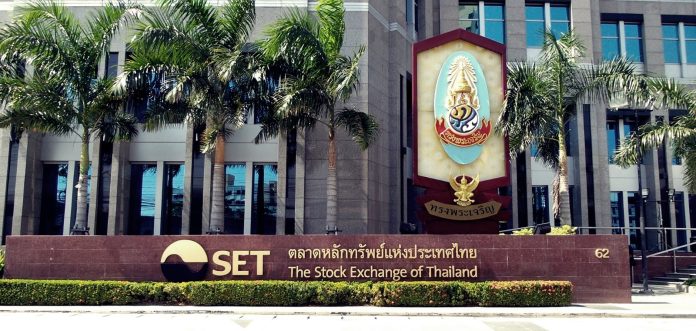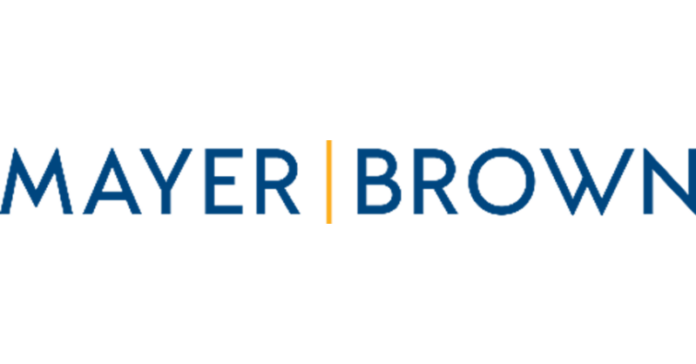New GSMA Intelligence research reveals mobile spectrum costs in Indonesia have risen significantly, posing major threat for mobile operators looking to invest in country’s future digital infrastructure
JAKARTA, Indonesia, Nov. 9, 2023 /PRNewswire/ — With new mobile spectrum auctions fast approaching in Indonesia, a new report by the global mobile industry association, the GSMA, has warned that the country’s roadmap for digital transformation could be held back, unless it reassesses how it prices 5G mobile spectrum.
In the worst-case scenario, analysis from GSMA Intelligence forecasts that around one-third of the socio-economic benefits of 5G, some $14 billion (IDR 216 trillion) in Indonesia’s gross domestic product (GDP) could be lost in 2024-2030, if prices of new spectrum bands reflect previous auction prices.
The new report launched today, entitled: "Sustainable spectrum pricing to boost Indonesia’s digital economy", shows that since 2010 estimated annual spectrum costs for mobile operators have increased more than five-fold in the country, as a result of auction-related payments and spectrum fees associated with licence renewals. In contrast, industry revenue growth has not kept pace with average revenue per unique mobile subscriber, which has declined by 48% over the same period (in USD terms). Also, spectrum fees which are adjusted annually by inflation have continued to increase.
Spectrum-related fees in Indonesia are already high – annualised spectrum costs to recurring cellular revenue is currently at 12.2%, compared to the APAC and global median values of 8.7% and 7.0%, respectively. With spectrum supply set to expand significantly in Indonesia, GSMA analysis shows that, to avoid total costs spiralling, a reduction in unit spectrum prices is vital. Otherwise, operators will struggle to make the significant investments required for 5G development. This will result in slower network rollout and poorer consumer mobile experiences that will come from new 5G mobile-enabled applications.
To prevent this happening, the GSMA report has made three important recommendations to the Indonesian government:
1. Lower Reserve Prices: The GSMA recommends setting more conservative reserve prices for upcoming auctions of new spectrum bands. The cost of spectrum in Indonesia has risen significantly in the last decade and this poses a major threat to future development of mobile services. By setting reserve prices below estimates of market value, the government can allow room for price discovery and reduce the risk of unsold spectrum. Where there are coverage or other obligations, the associated costs must be factored into the reserve price and annual fees.
2. Review Annual Spectrum Fees: A further critical step is the evaluation of the formula governing annual spectrum fees. The government should consider how the parameters in the current formula could be adjusted to provide the right long-run incentives and avoid disproportionate increases in costs that are not aligned with market conditions.
3. Future-Proof Clear Spectrum Roadmap: Indonesia should lay a robust foundation for its mobile ecosystem by crafting a clear and comprehensive spectrum roadmap. This should not only consider current bands but also longer-term needs, particularly for mid-band spectrum. This foresight will offer mobile operators the certainty needed to prepare investment plans and develop strategies for network deployment.
Julian Gorman, Head of Asia Pacific, GSMA said: "Indonesia is among the largest and fastest growing digital economies in the Asia Pacific region, which is testament to the government rightly prioritising ICT infrastructure including the completion of 4G rollout and the development of 5G networks. This said, the rollout of 5G in Indonesia will take time, this is reflective of the nation’s nuanced approach given the practicalities of its geography and market readiness. According to our forecasts, 5G will reach 80% of the population by 2030.
"With new 5G mobile spectrum auctions approaching, we urge the government to continue to incentivise industry investment in a future-proof digital infrastructure which drives forward economic growth and huge societal benefits for citizens. For 5G to succeed in Indonesia, the government should focus on the right enabling policies, including spectrum supply and pricing. This requires a well-crafted regulatory framework for a successful auction that delivers a fair return for the government and encourages digital growth."
While 4G coverage in Indonesia stands at an impressive 97%, the nation’s 5G network roll out is at the start of the journey, currently reaching only 15% of the population. This disparity is exacerbated by a current shortage of mobile spectrum, particularly in mid-bands (1-7 GHz) for delivering high-speed mobile broadband services in densely populated urban areas, and low bands (low 1 GHz) for improved, more affordable connectivity in rural areas.
This is why, to support Indonesia’s digital ambitions, the Ministry of Communication and Information Technology (Kominfo) is planning to award several frequency bands over the next two years including 700 MHz, 2.6 GHz and 3.5 GHz, as well as mmWave frequencies in the 26 GHz band. This additional spectrum will more than double the current total supply of mobile spectrum.
Contact: GSMA Press Office; [email protected]
Source : GSMA WARNS OF $14BN (IDR 216TN) PRODUCTIVITY LOSS TO INDONESIAN ECONOMY UNLESS FUTURE MOBILE SPECTRUM PRICES ARE SUSTAINABLE
>
This content was prepared by our news partner, Cision PR Newswire. The opinions and the content published on this page are the author’s own and do not necessarily reflect the views of Siam News Network








